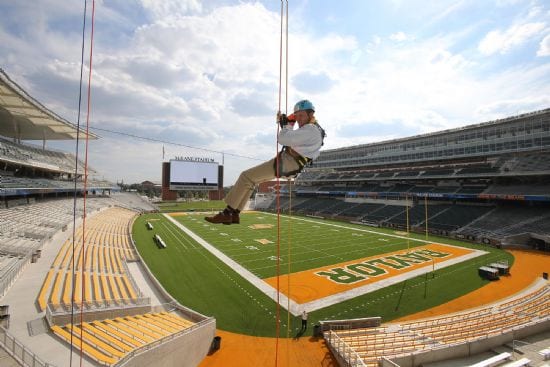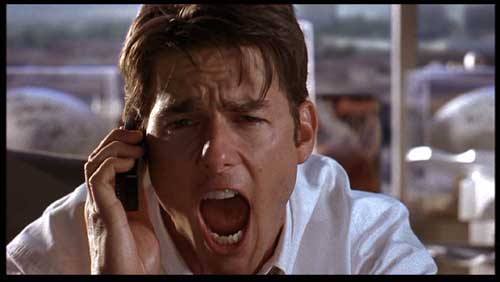by Kirk Wakefield – October 2014 How do I get into sports? How do you get into sports? Once you get in, how do you succeed in sports? The short answer is: Demonstrate a strong work ethic, network and build relationships within sports, and exhibit integrity in all you do. The somewhat longer answer is…Continue Reading How to get a job in sports
How to get a job in sports


